
aeioTU  12 Abr. 2021 - 2 Min. de lectura
12 Abr. 2021 - 2 Min. de lectura
New regulation for the provision of early childhood education services in Colombia
New regulation for the provision of early childhood education services in Colombia
The right to education begins at birth. However, Fedesarrollo states that there are still significant challenges in early education in Colombia, where coverage for 3, 4 and 5 year olds is 53%, 58% and 62%.
For a long time, the potential of children under 5 years of age as creative subjects, holders of rights and participants in society has been ignored. Therefore, early childhood education was conceived as a private interest, something that occurred in the intimacy of the home and not a project that concerns everyone as a society, and it was also thought that there was no need for a pedagogical intention and a professionalization of early childhood support.
For this reason, the Ministry of National Education of Colombia strengthens the institutional framework for the protection and guarantee of children's rights through the Decree No. 1411 of 2022. Highlighting early education as one of its main commitments, by recognizing that The foundations of human development and of a society are laid in early childhood.
Ratifies early education as an inalienable right of children and an educational service that can be provided by official and non-official educational establishments (schools), the ICBF, territorial entities and private providers, strengthening the quality conditions in which the educational service is provided.
Entry to early childhood education
El ingreso a la educación inicial se podrá dar en cualquier momento del año y no se pueden aplicar pruebas de admisión o de conocimientos; tampoco se debe limitar su ingreso por cualquier situación o característica del niño o niña. Para grado transición la edad mínima debe ser a los 5 años.
Likewise, the territorial entities must identify the children in early childhood in their territory and carry out active search days, providing the necessary tools and support to advance the enrollment process, and prioritize the access of children with disabilities.
Cycles of early education
The decree organizes initial education in two cycles:
- It includes attention to pregnant women, to strengthen the role of the family in the first years of life. The groups should be organized according to the development process and learning styles of the children.
- The second cycle comprises from three to six years of age, which corresponds to the preschool education grades: kindergarten, kindergarten and transition. The transition grade may only be provided by educational establishments duly recognized by the territorial entities, while the other grades may be provided by other providers.
Quality in early childhood education
It also presents the technical references for early education as provisions that guide the planning, implementation, monitoring and management of actions aimed at promoting quality early education within the framework of comprehensive care.
Providers that offer early childhood education without offering the transition grade must have a Pedagogical Project as an organizing instrument of the educational process. In this document, the intentions, strategies, resources and mechanisms for monitoring and assessing the development and learning process of children should be made known.
In addition, the assessment and monitoring of children's development and learning includes documenting the process in relation to their capabilities and potential, identifying the circumstances that favor or do not favor them and defining the necessary actions to strengthen or overcome them, as the case may be.
The Ministry of National Education will develop processes to measure the quality of early childhood education every 3 years to assess the contribution and impact on the development of children in early childhood.
For 15 years, aeioTU has been thinking about these challenges and has set itself the goal of transforming communities in an innovative and sustainable way, through the development of children's full potential.
Inspired by the philosophy of Reggio Emilia, we developed the aeioTU Educational Experience, an innovative educational model where art, play and research are key to the development of children, the commitment of their families and the development of their communities, bringing quality care to more than 500,000 impacted children from all walks of life.
The aeioTU Educational Experience can be replicated and has measurable results and scientific evidence showing that, after 8 months of children living the Educational Experience, significant effects on cognitive and nutritional development are observed, contributing to the closing of the gap between children from high and low income families.
If you are interested in aeioTU accompanying you in the implementation process of the pedagogical project, please fill in the form or write to us at the following email: mercadeo@aeiotu.org

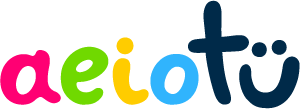
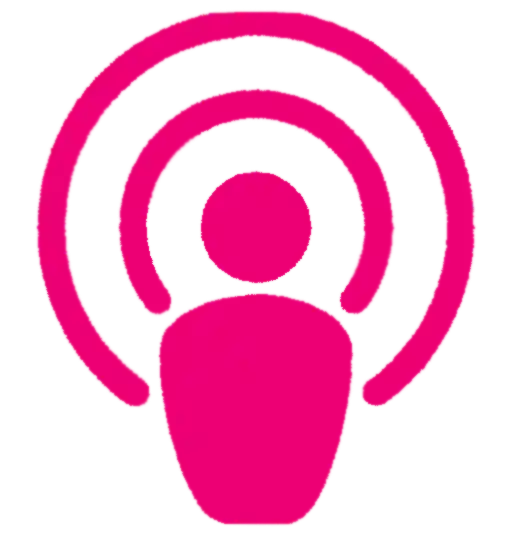 Podcast
Podcast
 Podcast
Podcast
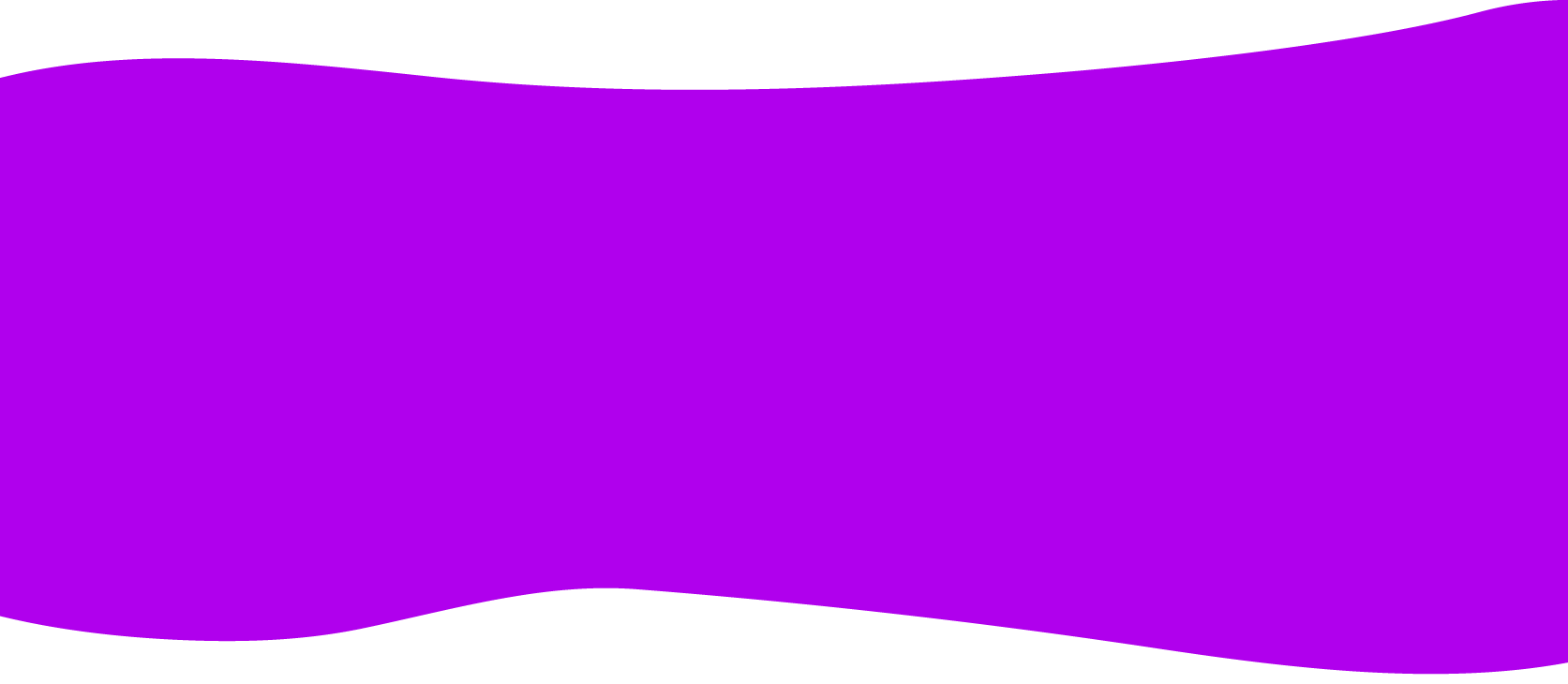
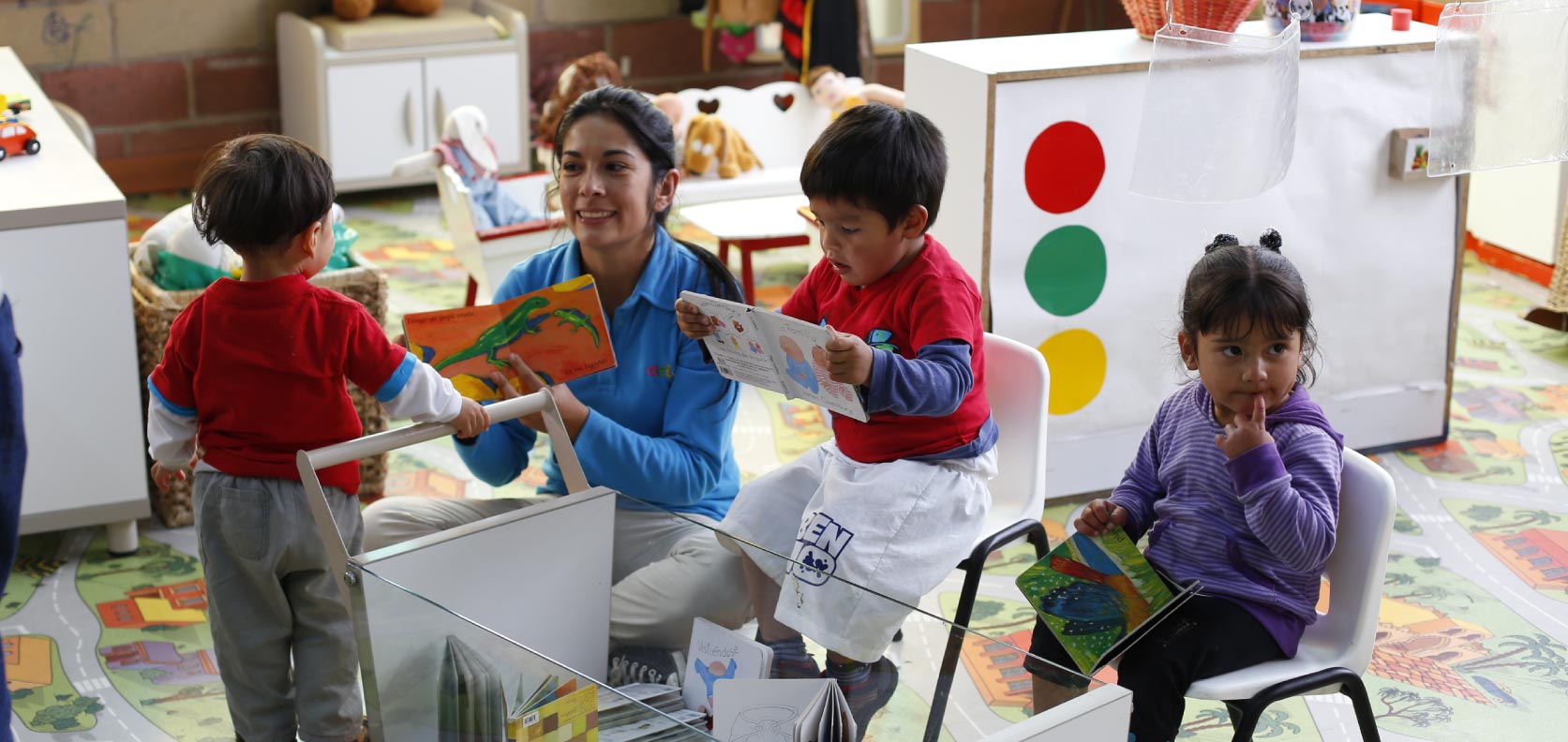
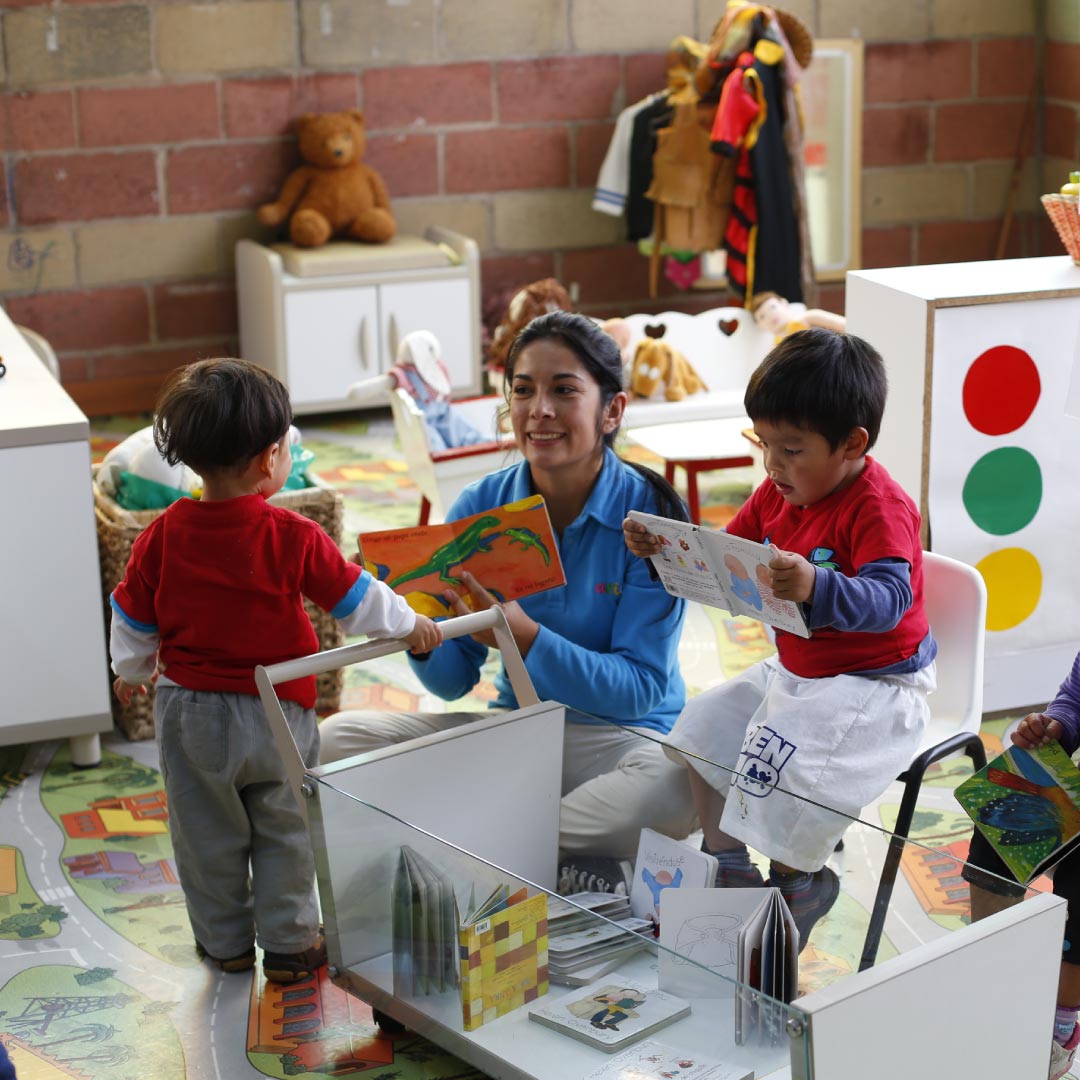






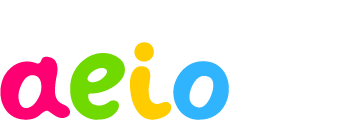
Comments